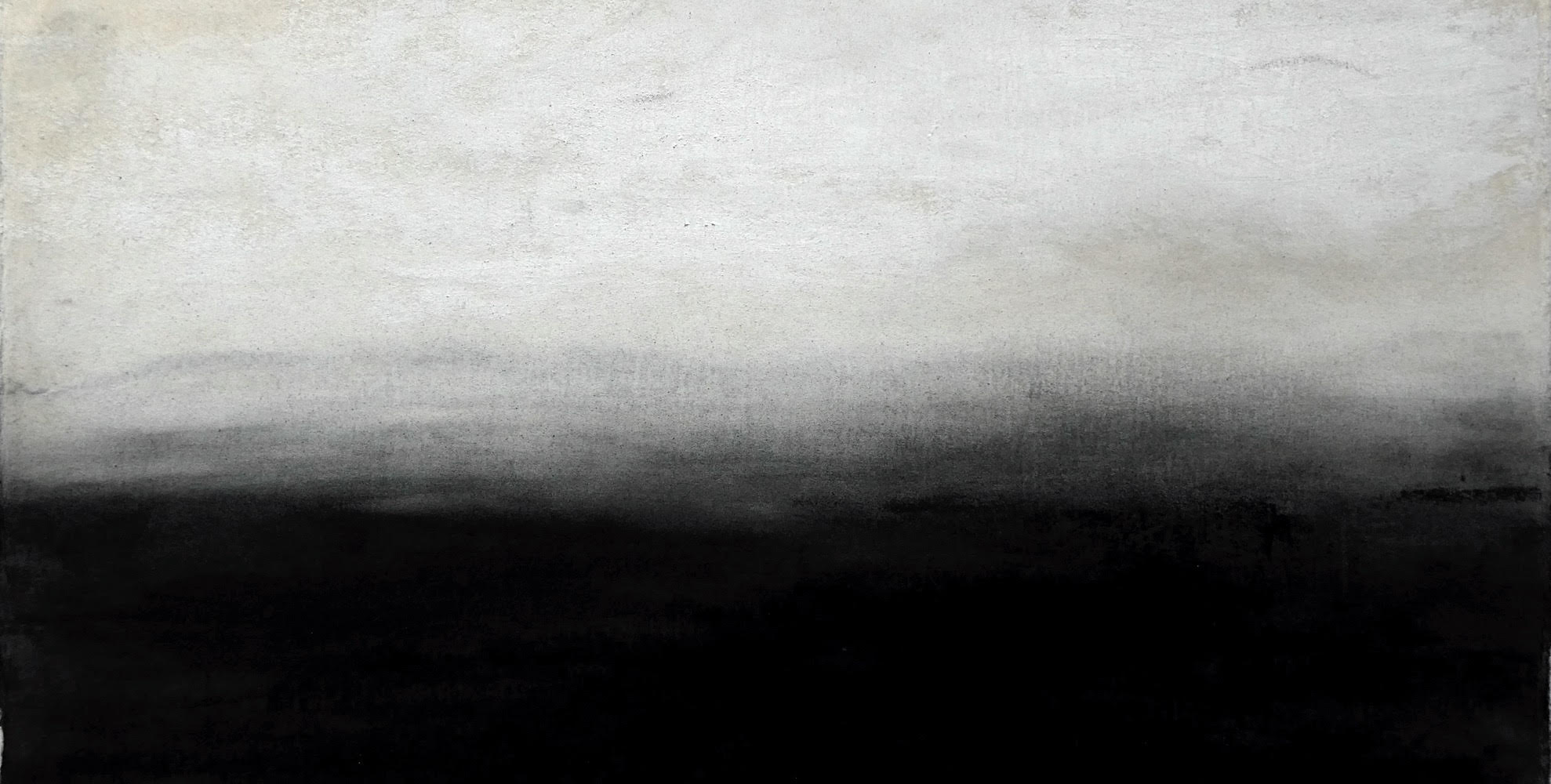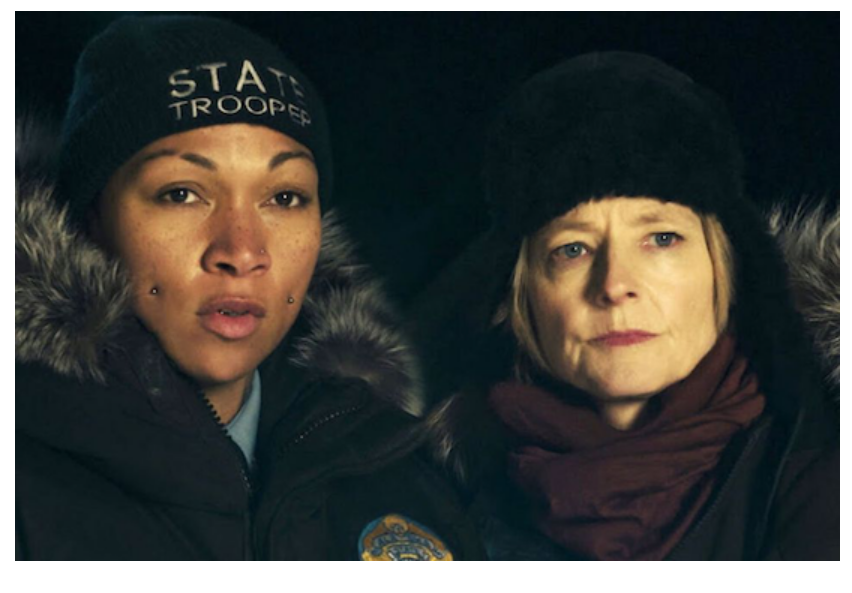
Brad Evans: I Know I Will Never Write a Better Book
If the measure of writing is to get as close as we can to the truth of existence, I know I will never write a
As another turbulent year draws to a close, the Repeater team put forward their favourite reads for the festive season.
Publisher, Editor, and Author Tariq recommends:
Riders on The Chariot by Patrick White, which succeeds in making morality as it interesting as it, which it rarely is in novels, and London Country by John King, master of the Thames Valley stream of consciousness.
Our Production Manager and Editor Josh recommends:
Palo Alto: A History of California, Capitalism, and the World by Malcolm Harris
A sprawling history of Silicon Valley, starting in the 1850s and taking in railroads, horse eugenics, colonialism, union organising, bionomics, Stanford University, anticommunism, microchips, war technology, the dotcom bubble, crypto, Facebook, Google, Elon Musk and so much more. It shows how the region’s history of slavery, colonialism, anticommunism, capitalist boosterism and anti-unionism make it the perfect breeding ground for the excesses of twenty-first century capitalism in Silicon Valley.
Number Go Up: Inside Crypto’s Wild Rise and Staggering Fall by Zeke Faux
A non-fiction thriller about the scams, ponzi schemes and excesses of crypto, focusing mainly on Tether and the Sam Bankman-Fried case, but also covering NFT parties, crypto gangsters in south China, an economic crash in Venezuela, plastic surgeons importing fake Microsoft computer chips in Italy and wannabe crypto rappers in New York. A great insider look at the bluster and criminality of those at the top of crypto and how it all came crashing down for (almost) everyone.
Road to Nowhere: What Silicon Valley Gets Wrong about the Future of Transportation by Paris Marx
Paris Marx is one of the best writers on transport today. This book is both a fascinating history of public transport and capitalism, and a searing indictment of how tech bros are trying to shape the future of public transportation and getting it all so incredibly wrong. Anyone interested in trains, buses, cars, capitalism and Silicon Valley will love this book.
Our Directing Manager over at Watkins Vicky recommends:
The Creative Act by Rick Rubin, I’ve longed admired and appreciated his work, but his exploration of what creativity means in art was thoughtful, challenging and rewarding (much like the records he produces).
Author and Editor over at Zer0 Books Tristam Recommends:
Where Furnaces Burn by Joel Lane – This is not the first Lane collection I’ve read. I adore these Black Country Ligottish/Aickmanesque short stories. Where Furnaces Burn is a bunch of stories all told by the same Detective working in and around ‘Brum’, Clayheath, Tyseley…. Jumped back into Lane as part of Voce Books day-long celebration of his work.
Bad Behavior by Mary Gaitskill – Dissociation, Isolation, cool-cold relationships lived at odds, asynchronous, with degrees of damage. These are in vogue themes in contemporary fiction, or at least what see of it. Gaitskill is brilliant around these. In many ways there is a shared Venn zone across the relationship aspects of both Joel Lane and Gaitskill’s short stories. Secretary (the film adapted from Gaitskill’s short story) was released about ten years before Furnaces was published. So I suspect Lane had read Gaitskill.
Pocket Money by Gordon Burn – I love Burn. I love Snooker. A different world – Higgins sleeping in a different derelict house every night to avoid demolition. Oiled and seasoned characters galore. Burn has and parrots the almost gnomic dry humour of this world. To quote Barry Hearn – ‘like Coronation Street with balls’…
Freud: In His time and Ours by Élisabeth Roudinesco – She is brilliant at painting a scene, a picture of a time, and balancing historiography. A sort of constant parallax view. Which is what the title promises I suppose.
Dance Move by Wendy Erksine – The things she does with voice. The things she gets away with. Pulls off. Mix of awe and jealousy.
Roald Dahl: A Biography by Jeremy Treglown – So much of young Dahl is in Bond. Outrageous, of a time. His relationships with editors I find interesting, for obvious reasons.
Kenny, Craig, and Adam from our YouTube Channel recommend:
Craig: Hermetic Deleuze by Joshua Ramey-It’s rare that a piece of secondary literature in philosophy transcends the figure of the thinker that towers over the work. But true to the spirit of Deleuze’s project, Ramey’s text successfully endeavors to construct an enlivened, anti-representational philosophy of hermetic transmutation with profound implications for ethics and politics.
Kenny: Alex Douglas’ recent The Philosophy of Hope: Beatitude in Spinoza, which is a bit more aphoristic and exploratory than some of his other work, and opens up the conversation about the similarities between Spinoza’s metaphysics and classical Chinese philosophy.
Adam: Jacqueline Rose’s The Plague, a deeply moving rumination on the ongoing horrors of viral death and war since the beginning of this decade, weaving a profound analysis of Freud’s own psyche with the moral conviction of Simone Weil that brings so much repressed mor(t)ality to the surface.

If the measure of writing is to get as close as we can to the truth of existence, I know I will never write a

To accompany his latest piece with Tariq Goddard in The Quietus on True Detective Season 4 and the legacy of In The Dust of This Planet, Eugene

To accompany the ground-breaking new book I Could Be So Good For You: A Portrait of the North London Working Class, by John Medhurst, Repeater

If the measure of writing is to get as close as we can to the truth of existence, I know I will never write a

To accompany his latest piece with Tariq Goddard in The Quietus on True Detective Season 4 and the legacy of In The Dust of This Planet, Eugene

To accompany the ground-breaking new book I Could Be So Good For You: A Portrait of the North London Working Class, by John Medhurst, Repeater
